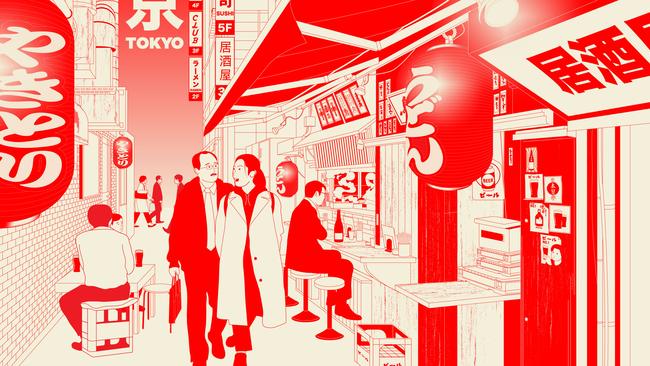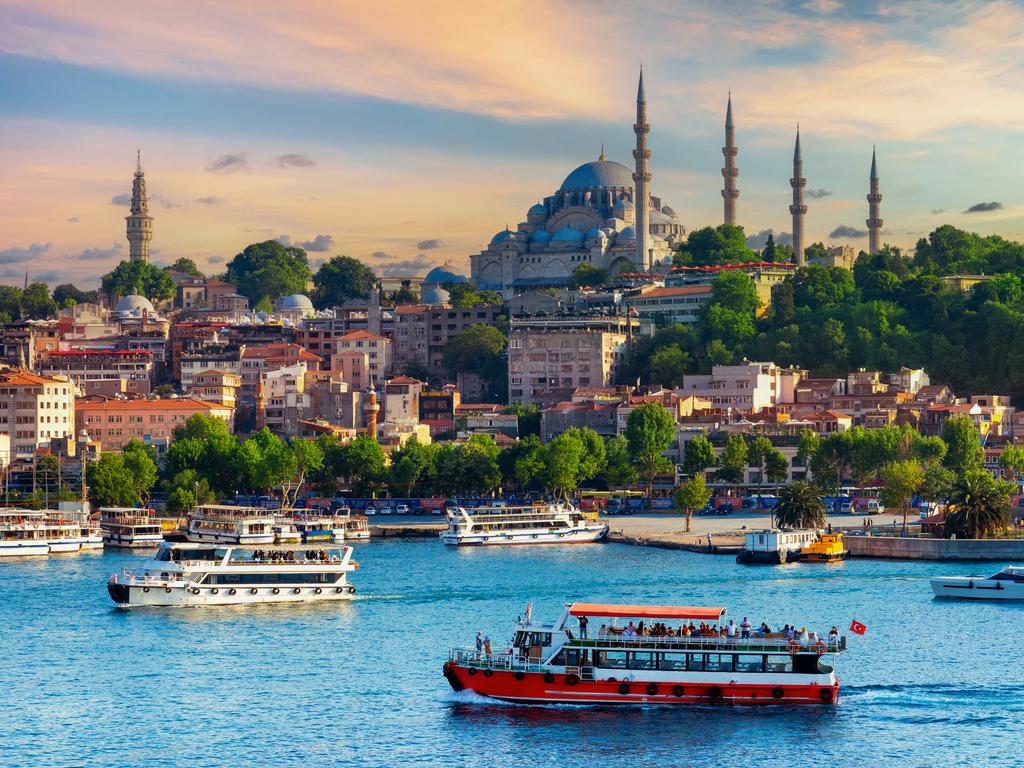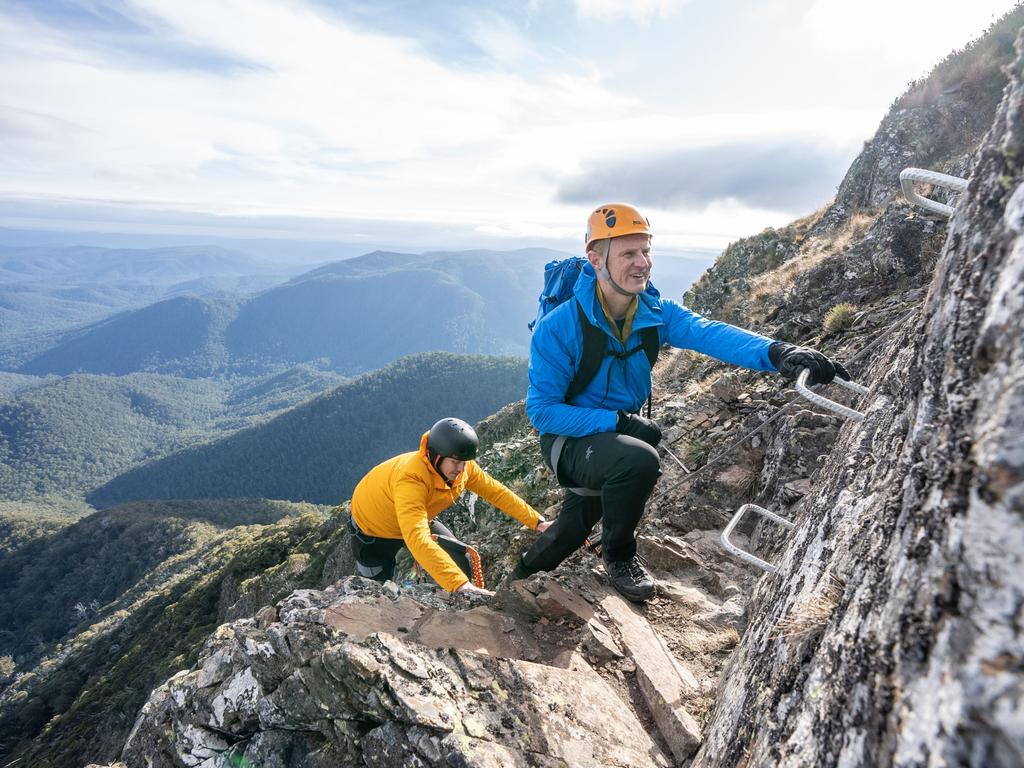Do you really need to use a travel agent?
We put a hi-tech hack and a human to the test to see who can plan the best trip to Tokyo. Who won?

It may be an inanimate computer program designed to simulate conversation, but ChatGPT is an endearing interview subject. It’s unabashedly self-aware and never shies away from curly questions, even when asked about its penchant to “hallucinate”.
US research organisation OpenAI introduced the free chatbot to the public just over a year ago, but it has already become one of most exciting digital developments since the internet.
While ChatGPT kicked the revolution off, other versions have been launched by the likes of Microsoft, Google and Meta, and the world is already beginning to see the technology’s impact on almost every industry, including travel.

Using AI to plan travel
Artificial intelligence as a broad concept has been around since the 1950s, but generative and conversational AI is still in its infancy, and when it comes to tasks such as curating a detailed, accurate and personalised travel itinerary, ChatGPT has a lot to learn. The bot readily admits this during our interview for this story. I ask it to answer (in a conversational tone, and no more than 100 words), where it thinks it needs to improve with regards to travel, particularly when putting together itineraries.
“I need to improve in providing more personalised recommendations tailored to individual preferences, considering factors such as specific interests, accessibility needs and cultural sensitivities, to ensure a more tailored and satisfying travel experience for each traveller,” it writes.
The past year has seen a boom in AI-generated chatbot apps and sites, which aggregate data from users and travel providers to create personalised recommendations on everything from popular tourist activities and places of interest to meal, transport and accommodation suggestions.

Travel’s generative AI market, which is currently worth $894m, is set to double in the next four years as more companies integrate the technology into their services.
Flight Centre has more than 450 shopfronts across Australia, so you might expect it to be averse to digital advances that threaten its physical presence in the marketplace. However, it has developed a “Virtual Captain” chatbot to help customers access online information faster and to help with basic inquiries. It’s available on the group’s website’s Help Centre and its Facebook page.
James Kavanagh, Flight Centre’s Global Leisure CEO, acknowledges that human interaction is important but “keeping up with AI that can improve our customer experience is key”.
According to Flight Centre research, AI resonates strongly with its younger customers. More than 20 per cent of Generation Z survey respondents report they’ve already used a chatbot to create a travel itinerary. A remarkable 51 per cent of them say they trust AI-generated recommendations for travel planning. That said, 92 per cent would prefer to speak to a person to resolve travel “issues”.

“This tells us that the value proposition of AI is limited, and nothing beats dealing with a real human being,” says Kavanagh, adding: “An algorithm will never beat the years of experience and industry research our experts have, not to mention the genuine trust and connection our travel agents build with their clients.
“But in good news, it’s doesn’t have to be a case of one or the other. We believe that a blend of AI and the industry intel that our people have makes for a winning combination.”
Can you use ChatGPT to plan a vacation?
Despite its limitations, the technology is being readily embraced by holidaymakers wanting to skip travel-agency fees. Hammer Tsui and her husband Guillaume Fritz are early adopters of generative AI as a tool. For a holiday to Tokyo, Japan, last year, they asked ChatGPT to lay the groundwork for their trip, curious to see if it could improve their planning.
“We asked the generator to provide suggestions for local yoga studios, serene spots for meditation, and vegetarian-friendly dining options, considering our shared interests,” Tsui, 32, says.

It excelled at suggesting activities based on their preferences, but Tsui, a yoga instructor, conceded its knowledge of current happenings and up-to-date details on attractions, hotels and restaurants was poor. “It had limited information about the new places that had recently opened,” she says. “This is where our instincts and personal research came in handy, allowing us to fill those gaps and search for new and exciting places ourselves.”
The couple also used AI to keep their budget in check. “Although we’re aware that AI data might not always be up to date, it still gave us a rough idea of how much things cost, like items in stores, meals at restaurants and exhibition ticket prices.”

Dani Potter, a travel manager at Global Travel Network, agrees that the technology can be a great tool.
“I find it is great for a starting point to plan an itinerary in the best way geographically,” she says. “It can instantly provide you with helpful information such as distance, easiest form of transportation, even sightseeing recommendations. In saying that, especially post-Covid, a lot of information is outdated.
“For example, if you’re a vegan and want to make sure the hotel you’re going to has vegan leather on the couches, for instance, AI is not going to be able to help with that. So it’s this 20 per cent, the nuanced conversations, which will be where travel agents are required.”
So is it worth recruiting ChatGPT or one of its large language model counterparts to help plan your next holiday? The experts say yes, albeit with a thorough fact-check and a human touch.
Tsui suggests first-time users focus on specific elements rather than asking a chatbot to curate a complete itinerary.

“Whether it’s seeking culinary adventures, cultural experiences or outdoor activities, narrow down your interests to receive more tailored recommendations,” she suggests. “Also, be open to exploring beyond the AI-generated suggestions and infuse your personal touch into the trip. It’s a fantastic tool for inspiration and initial planning, but the real magic happens when you harmonise it with your travel style.”
To determine the benefits and limitations of conversational AI technology, we challenged chatGPT to curate a four-day itinerary to Tokyo, for two fictional travel couples with varying needs, and compared them with itineraries prepared by Potter.
Here’s what we found.
ChatGPT verus Travel Agent
Destination: Tokyo, Japan
Arrive: Thursday morning, September 26, 2024
Depart: Sunday evening, September 29


The Verdict
While lacking precise hospitality suggestions, tour operators and costings, the chatbot excels in offering a range of interesting cultural and dining options, and provides a good foundation for the couples to begin planning their trips.
Potter’s itineraries are much more detailed regarding fee inclusions for activities with specific operators and hotel choices, as well as co-ordinating day trips inclusive of admission prices and transfers that fit each pair’s budgets. There is also added consideration for specific needs and limitations.
For travellers wanting to co-ordinate their own trip and do the legwork regarding hotel and activity bookings, generative AI planners are a fantastic starting point, however it’s important to remember their inability to provide accurate details on things such as operating hours, prices and availability. Even the chatbot agrees, concluding its itineraries with a reminder: “ChatGPT can make mistakes. Consider checking important information.”
While the technology continues to evolve and improve, for those seeking a structured holiday plan that caters to personal needs such as mobility issues and dietary requirements, consider a travel agent. They can arrange every detail from the moment you leave for the airport until you arrive home.





To join the conversation, please log in. Don't have an account? Register
Join the conversation, you are commenting as Logout